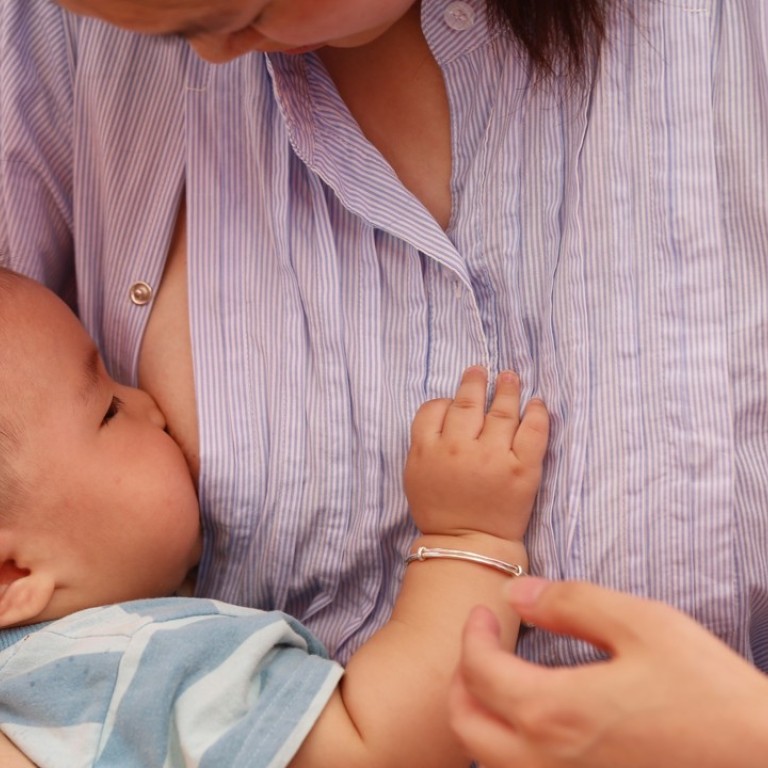
How breastfeeding is still taboo in Hong Kong and why breast is best
The number of Hong Kong mothers who breastfeed has grown steadily since the 1980s, but many stop early because of lack of support or facilities. With all the health benefits for babies and mothers, it should be encouraged. So how?
An advert for US clothing company Gap went viral earlier this year, because one of the shots chosen was snapped when the model took a break to breastfeed her baby. The image rapidly generated 50,000 likes on Instagram and 4,000 comments.
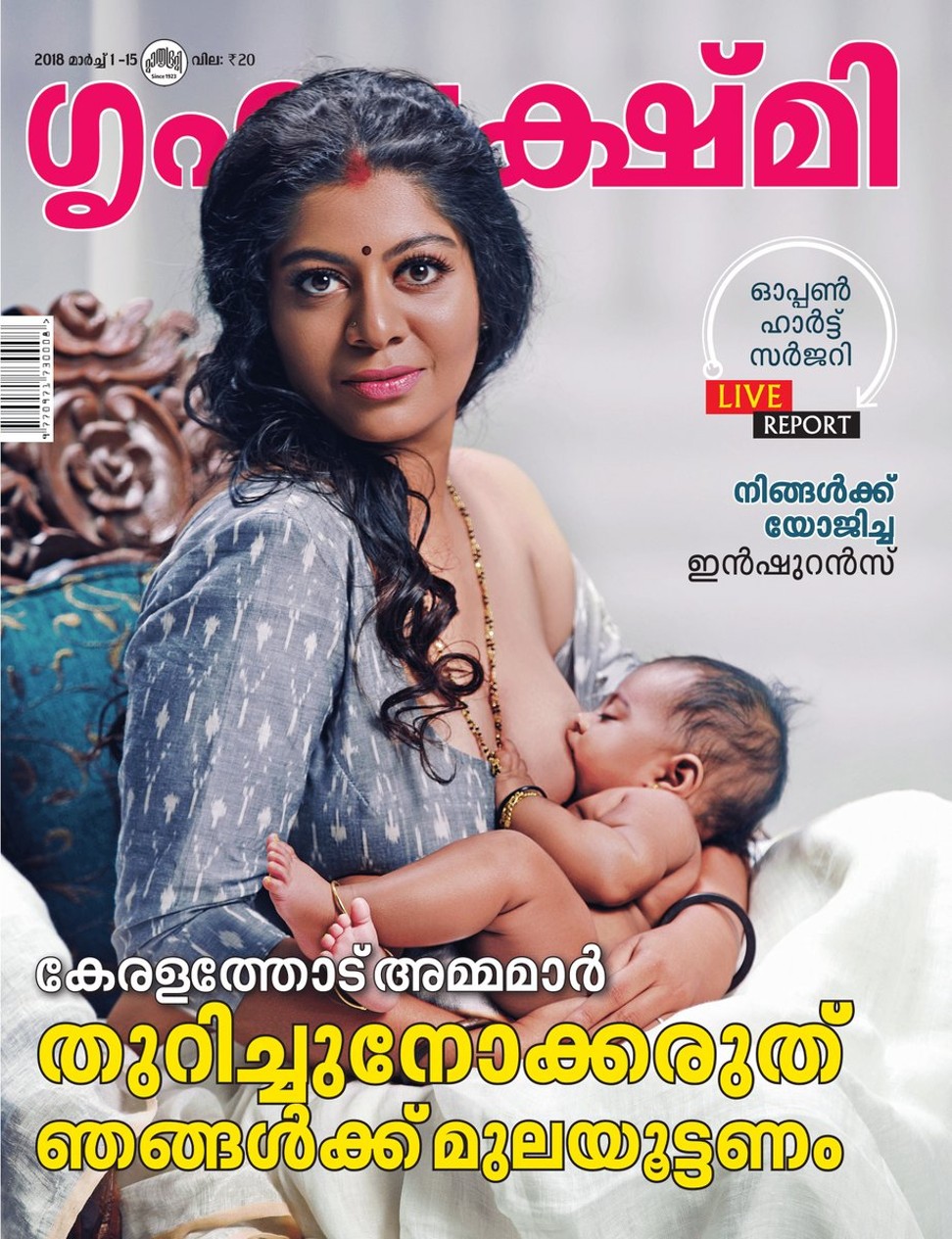
Singapore Changi puts Hong Kong’s airport to shame on nursing facilities
Both incidents make it plain that breastfeeding remains contentious and newsworthy, but such a natural act shouldn’t be.
Many mothers in Hong Kong would like to breastfeed and for longer than they do. Although the number of breastfeeding mothers has risen – almost 87 per cent of mothers in 2016, versus 19 per cent in 1981, according to the Department of Health – many don’t sustain it.
Reasons include having to go back to work after a short maternity break and a lack of places to breastfeed. Most new mums are back at work within eight to 12 weeks of delivery.
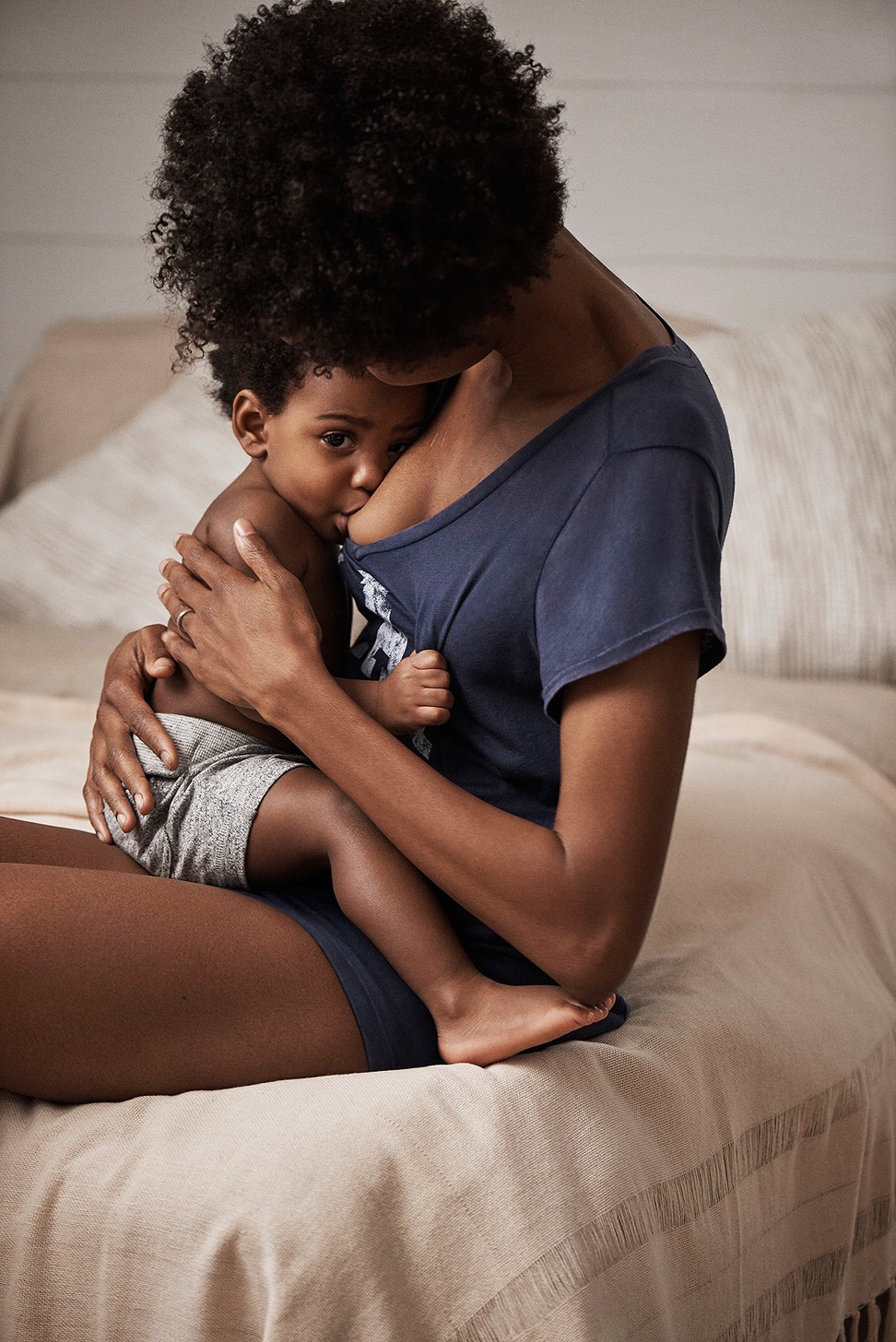
According to the World Health Organisation, babies who are breastfed exclusively for the first six months have fewer ear infections, coughs, colds, stomach upsets.
They also have fewer trips to the doctor, partly because breast milk contains protective antibodies, partly because the element of risk in introducing infection is minimised.
That is not to say mothers should not feed their babies formula, but those who do want to breastfeed must be encouraged and supported – certainly not vilified for feeding in public – and those who cannot afford formula should absolutely be encouraged to breastfeed.
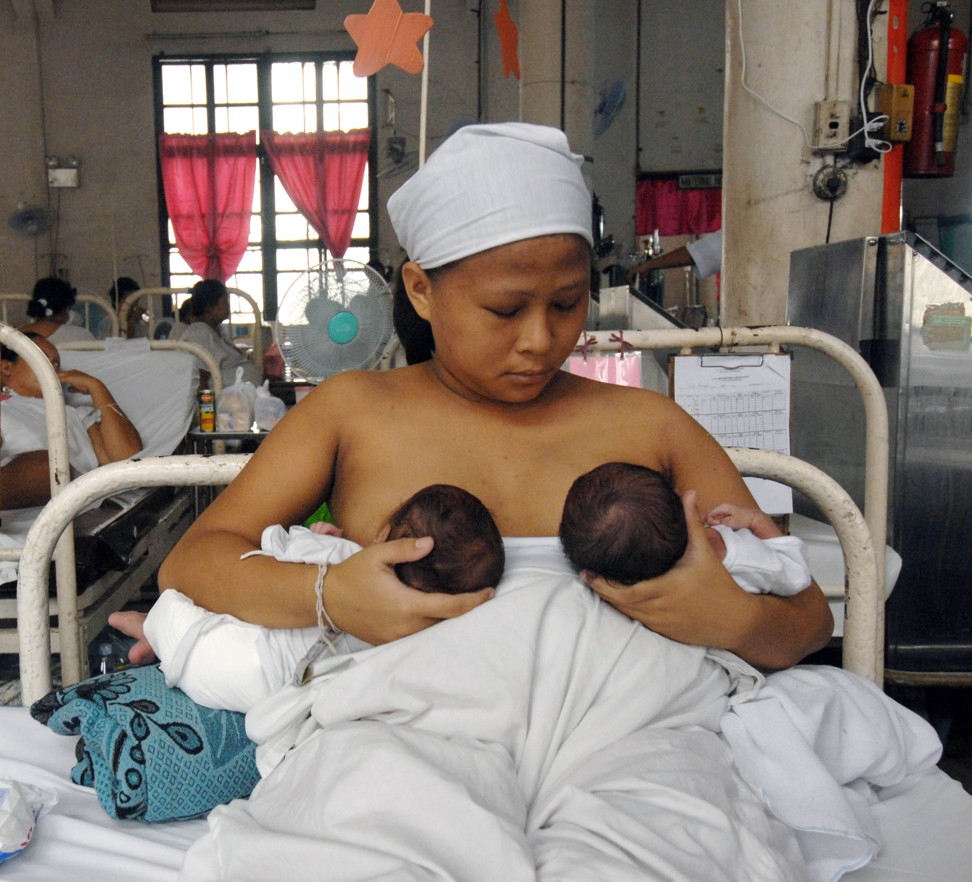
Breastfeeding for six months cuts diabetes risk in women by nearly half, study finds
The science to support “breast is best” is solid and growing, most recently it has been established that it supports cardiac health, to add to the already myriad maternal health benefits.
According to new research to be presented at the American College of Cardiology, mothers who exhibited normal blood pressure during pregnancy and then breastfed children for at least six months had better cardiovascular health years later compared to women who did not breastfeed.
They also presented with higher levels of HDL (good cholesterol), and lower triglycerides and healthier carotid artery thickness compared to those who never breastfed.
So here’s the conundrum: if breast is best for mother and baby but many women find it difficult and much of society finds it distasteful, how are we to promote breastfeeding?

And to complicate it, “it’s a skill that a mum must acquire when she is exhausted, physically and emotionally”.
And although unsuccessful or stressful, breastfeeding causes angst – the London’s Priory Group recently cited it as a cause of postnatal depression – when it works well it lowers the risk of postnatal depression.
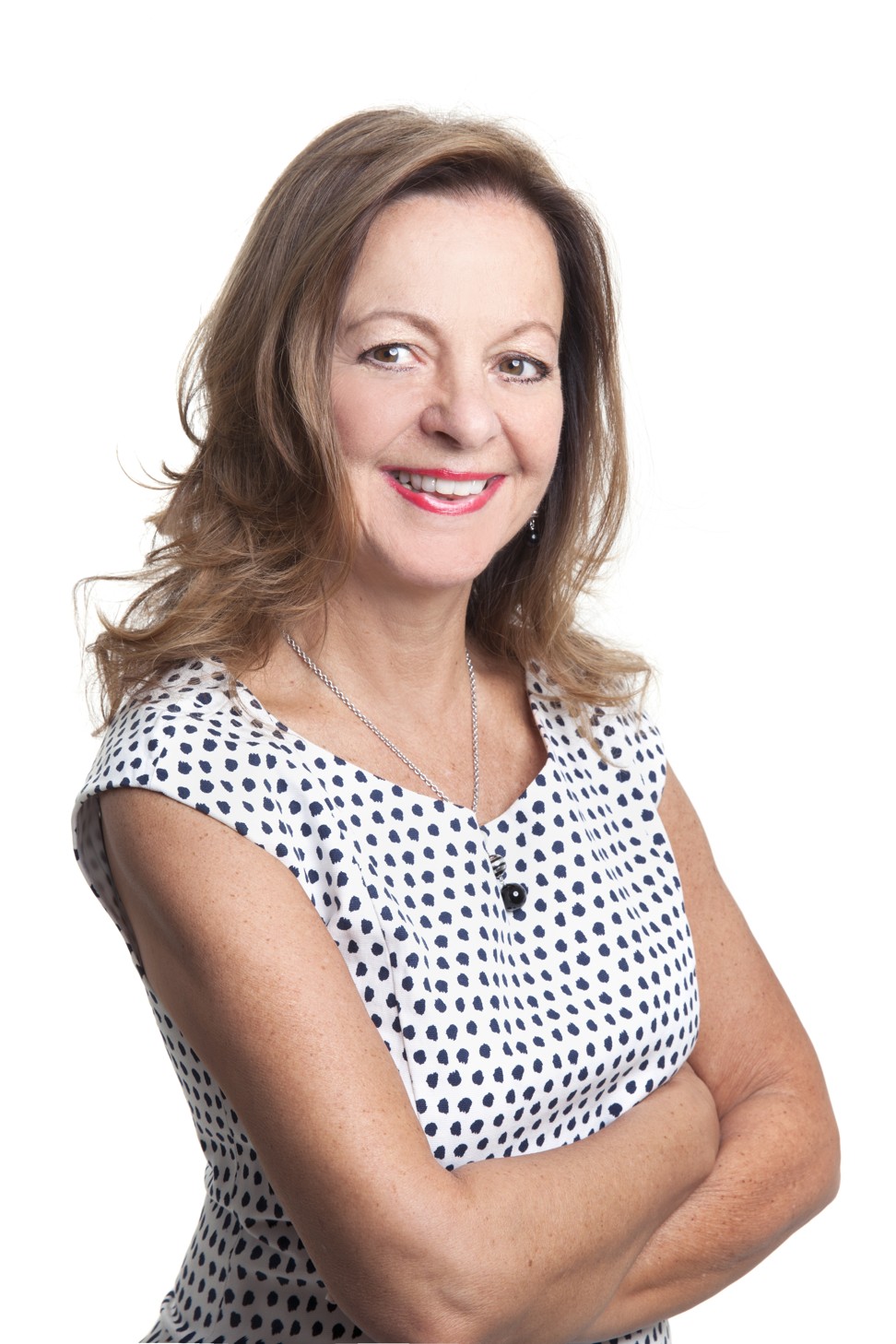
“Feelings of anxiety and depression are often exacerbated when breastfeeding is either failing or not compatible with expectations,” she says. So not surprisingly, she advocates that women approach breastfeeding with a much more relaxed attitude.
Heavyside believes that the reason women give up is because they aren’t prepared for the reality of breastfeeding. It’s natural, so they assume it will come naturally and easily.
“But women are often unaware of the pain that can manifest in the beginning, how often they need to feed, the lack of sleep. It is often a huge shock to them. Getting off to a good start is essential,” she says.
Breastfeeding in China and Hong Kong: experts tackle ignorance of mothers and doctors
Help in becoming practised at getting a baby to “latch on” will avoid soreness and upset. “The first month is crucial to establishing milk supply,” Heavyside says.
Don’t worry about pumping so everybody in the family gets a go at feeding the new baby. They’ll get their turn all in good time.
Importantly, don’t fret about routines; if your baby seems to need feeding, feed it. Breastfed babies are excellent monitors of their own appetites.

“They’ll drop off when they’re full – and you won’t be fretting about a half drunk bottle of milk that must be thrown away.”
As she says, “babies don’t read clocks, apps or parenting books” – so we shouldn’t either when we’re getting into the swing of breastfeeding. We should do what works for them because what works for them will work for us.
As for societal sniping? They can either politely look the other way or grow up.
Why breast is best
Breast milk provides the optimum nutrition for infants with an ideal mix of vitamins, protein, and fat in a form more easily digested than infant formula. It comes ready prepared at the right temperature and there’s no need for sterilisation.
Babies don’t read books or clocks. We often find that new parents are experiencing tremendous stress and anxiety because they read a particular book ... then when that advice doesn’t work for their baby, the parent feels like they’ve failed
It also contains antibodies that help babies fight viruses and bacteria, and lowers the risk of them having asthma or allergies. Breastfeeding has been linked to higher IQ scores in later childhood in some studies. And the physical closeness – skin-to-skin and eye contact that you have with a baby when you breastfeed – helps bonding.
It’s good for mum, too. The oxytocin it prompts helps the uterus to shrink back to pre-birth size sooner, it burns calories so you’ll lose weight more quickly. Breastfeeding also lowers a mother’s risk of breast and ovarian cancer and osteoporosis, and presents known advantages to long-term heart health.
Top tips to breastfeed successfully
Amy Barron Smolinski, executive director at Mom2Mom Global, advocates skin-to-skin, laid-back breastfeeding with a lot of support.
“It gets the hormonal conversation going ... feeding instincts in the baby and milk production in the parent,” she says.
Adopt a laid-back attitude and posture, get comfortable and relax. If you’re struggling and are considering external tools (such as nipple shields, bottles, formula, or at-breast supplementary devices), “that’s the time to contact a trained lactation professional for help so that we can determine if those tools are necessary and teach you how to use them safely and correctly.
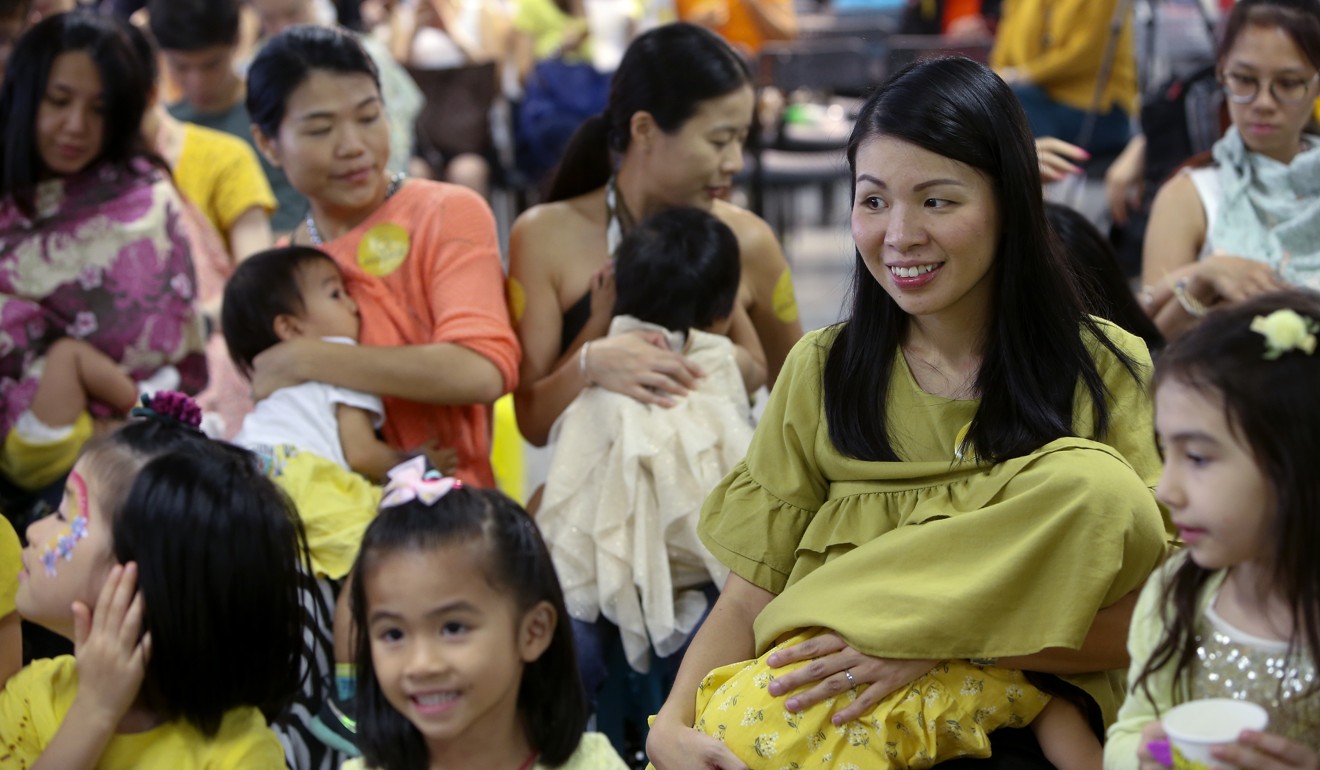
“My response is that they got the wrong advice for their baby! Breastfeeding is a unique two-person relationship for each parent and child, and just like any other relationship, it takes time and patience to negotiate how each person’s needs will be met.
When that happens, just like any other successful relationship, it is a mutually enjoyable and fulfilling experience that brings happiness and joy to both parent and child’.

